
Along the Western Cape of South Africa lives a group of endangered African penguins. These penguins breed from February through September, and then moult sometime between September and January. During the moulting period, the penguins are deprived of their waterproof feathers. That’s 21 days in which they’re prevented from diving for food and must rely on stored up fat for nutrition until their new feathers grow in. But if they begin the moult while they still have penguins in the nest, the chicks – who rely on their parents for food – could go hungry.
To help guard against starvation, the Southern African Foundation for the Conservation of Coastal Birds (SANCCOB) rescues these so-called “abandoned” penguins chicks whose parents just went and started moulting, leaving their precious babies to slowly starve to death. Once the penguin chicks grow up a bit, SANCCOB releases them back into their breeding colonies. In 2007, they cared for more than 480 such chicks, and nearly twice as many the year before.
What University of Cape Town animal demographer Richard B. Sherley wanted to know was whether the birds who wound up being released back into the wild fared at least as well as those who were raised by their parents, as nature intended.
In both 2006 and 2007, SANCOBB rescued a number of orphaned Africa penguin chicks. Many of them were starving because their parents began to moult, others were abandoned by their parents after their nest sites became flood, and still others were left alone after their parents themselves had to be rehabilitated due to oiling. Of those brought in for care, 91% were released in 2006, and 73% were healthy enough to release in 2007.
Before being released, many of the birds were banded so that researchers could track their progress. The researchers estimated that 11% of rehabilitated and released penguins were recruited into breeding populations, with around 14% surviving to breeding age.
These may seem like low odds, but they compare favorably to both the likelihood of penguin survival following oil spill-related rehabilitation, and even to the likelihood of survival when penguin chicks are reared by their own parents, free of human intervention.
Half of those who were confirmed breeders had returned to their birth colony, while half had joined other colonies. That suggests that hand-rearing is a viable, if labor-intensive and costly, means to bolster the size of individual penguin colonies. It also suggests that abandoned chicks could be a useful way to help establish new breeding colonies, in better areas. “As the situation for African penguin has continued to deteriorate on the West Coast, plans have been developed to use conservation translocations to establish new breeding colonies in areas of higher prey availability along the South African coast,” write the researchers.
Despite the fact that half of penguins in the current study found their way back to their birth colony, penguins aren’t stupid. “Translocated individuals will take some prospecting behaviour to evaluate the quality of their new habitat,” Sherley explains. If they’re released into a high-quality site with lots of prey, they might just stay.
It’s not just that penguins are adorable, iconic critters. As a group, seabirds are some of the most endangered birds on the planet. Nearly half of seabird species are declining, with nearly a third having earned a spot on the IUCN Red List. African penguins in particular declined by some seventy percent in the last 15 years, mainly owing to declines in their preferred prey, small baitfish like sardine and anchovy. By combining the hand-rearing of malnourished chicks with the establishment of new colonies at more optimal locations, researchers and conservationists might be able to help ensure a bright, fishy future for these most charismatic of seabirds.
– Jason G. Goldman | 05 November 2014
Source: Sherley R.B., Venessa Strauss, Deon Geldenhuys, Les G. Underhill & Nola J. Parsons (2014). Hand-Rearing, Release and Survival of African Penguin Chicks Abandoned Before Independence by Moulting Parents, PLoS ONE, 9 (10) e110794. DOI: http://dx.doi.org/10.1371/journal.pone.0110794
Header image: shutterstock.com
source




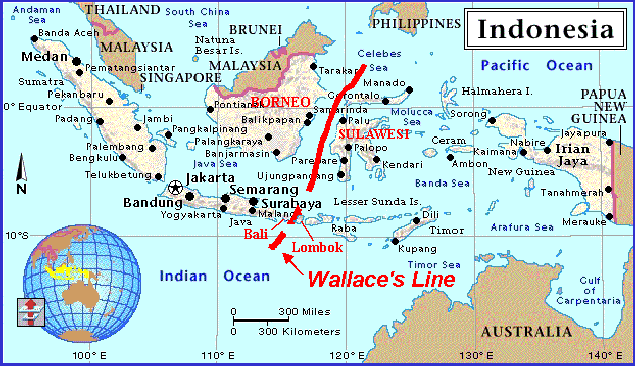


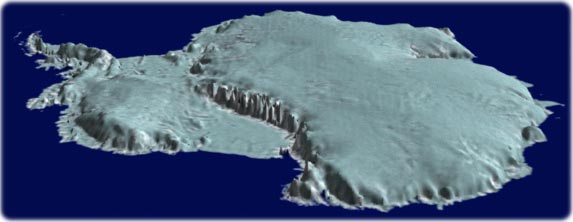
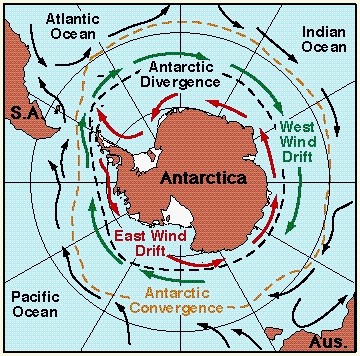





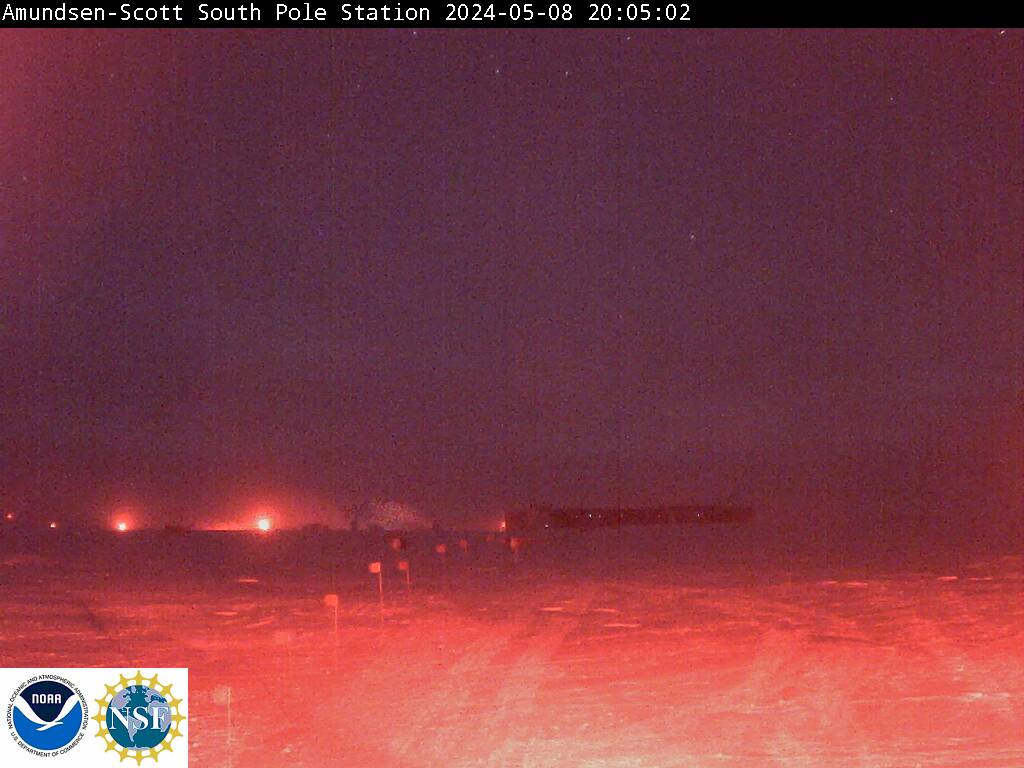
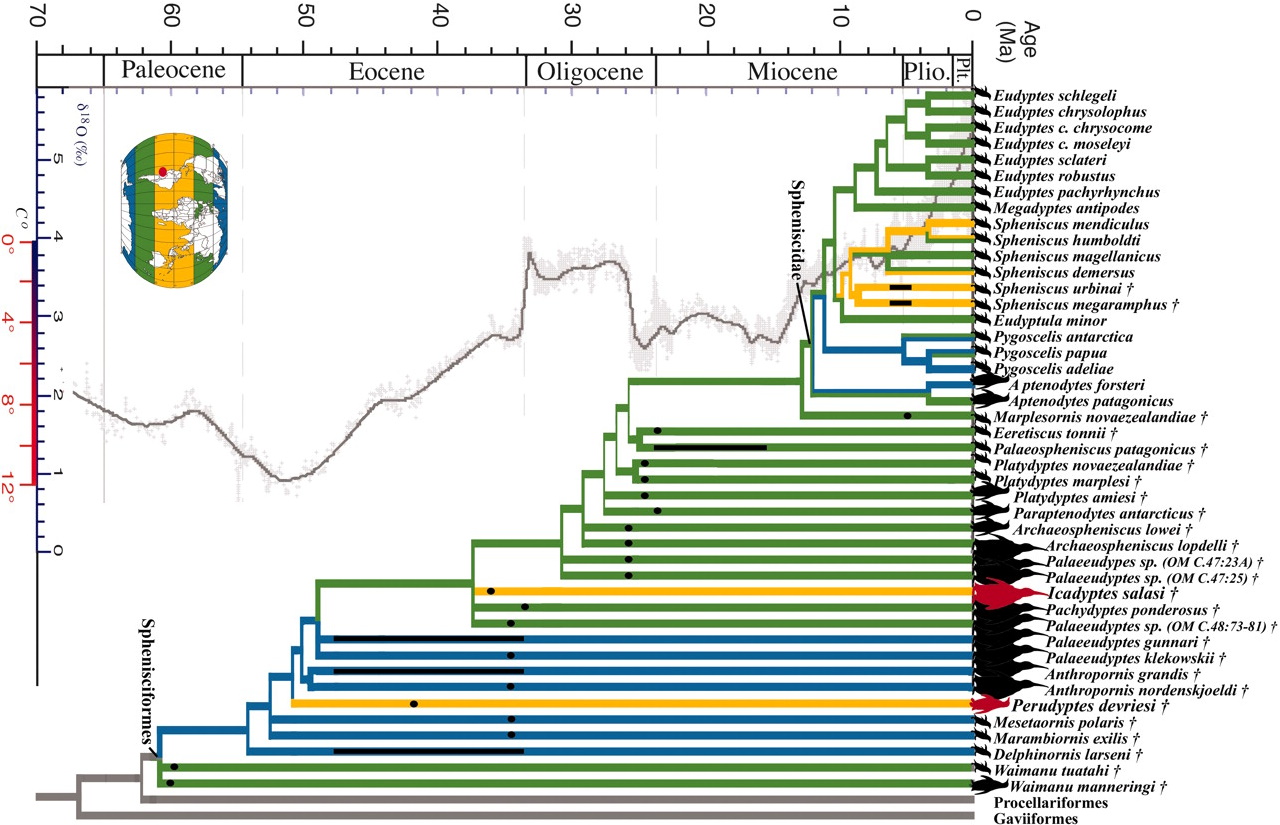

No comments:
Post a Comment